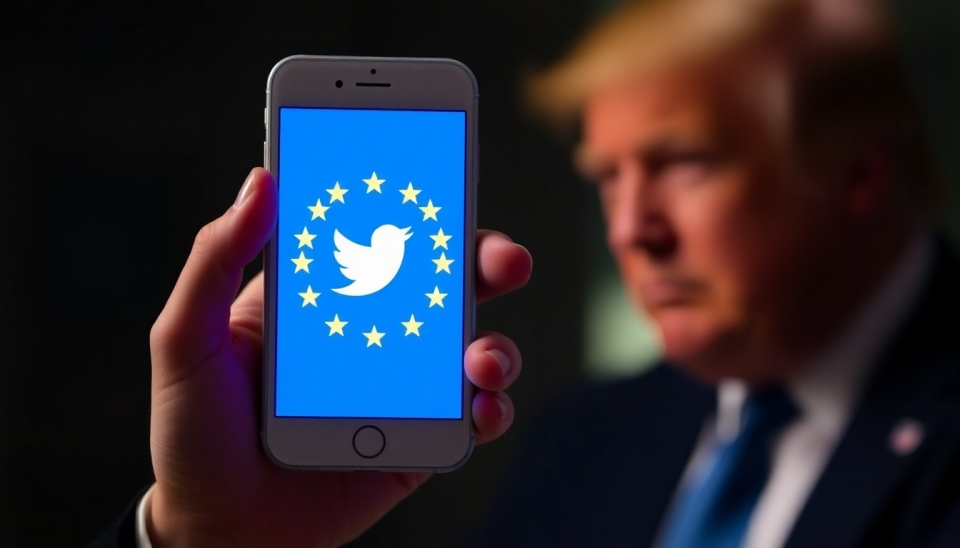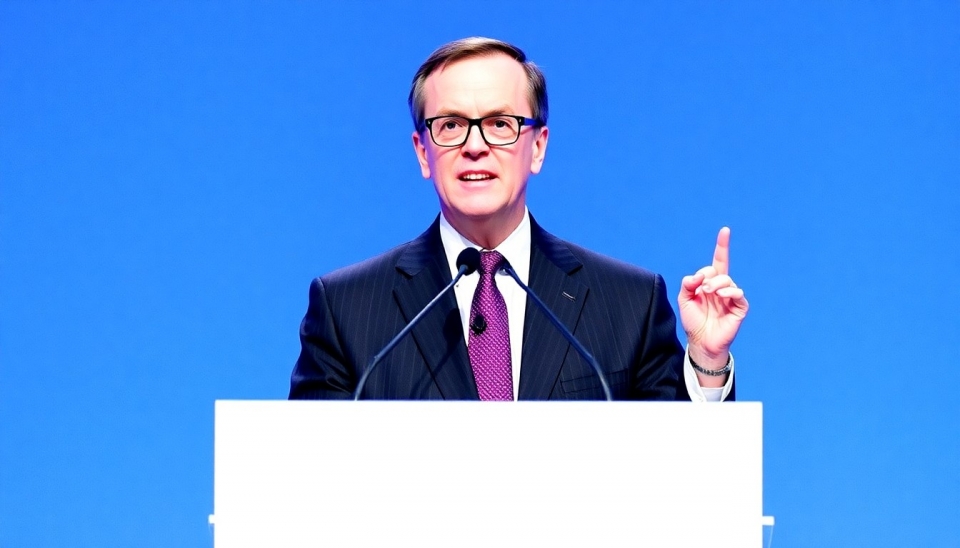
In a bold response to the changes in the political landscape, especially the shifting dynamics brought by former U.S. President Donald Trump, European Union officials are considering a new approach that heavily involves large technology companies and their data capabilities. This initiative aims to reshape the EU’s information strategy and enhance its global standing.
French Minister for Digital Transition, Jean-Noël Barrot, recently shared insights into this approach, articulating that the EU hopes to leverage the data and technological expertise of major corporations like Google, Facebook, and others. Barrot emphasized that the EU needs to create a robust data ecosystem, capable of countering misinformation and enhancing communication strategies that align with democratic values.
Barrot’s remarks come at a time when the influence of social media and digital platforms is more pronounced, especially in electoral politics. There's a growing sentiment among EU leaders that the traditional mechanisms of governance and information dissemination may fall short in the face of rapid digital evolution and manipulation tactics often seen in recent electoral cycles.
France, along with other EU member states, is poised to spearhead this initiative as they explore collaborative frameworks with these tech giants. The aim is to cultivate a space where accurate information can flourish, reducing the potential for misinformation that has been notably prevalent during and post-Trump's presidency.
The conversation around the regulation of data usage and the ethical responsibility of tech companies in safeguarding the integrity of information is also gaining momentum. EU regulators are contemplating stricter guidelines on how personal data is used and shared by these platforms, aligning with the bloc's strong stance on privacy and consumer protection. This regulatory shift not only targets data privacy but seeks to empower citizens with reliable sources of information.
The proposed strategy reflects the EU's broader ambition to assert its technological autonomy while simultaneously embracing collaboration with major players in the tech industry. The expected framework would address key concerns such as security, misinformation, and the economic implications of data use, making it a multifaceted policy agenda.
As the EU gears up to roll out this strategy, the implications extend beyond political rhetoric. Analysts predict that this could redefine how technology interacts with politics within the EU context, potentially leading to new alliances that enhance democratic engagement and discourage foreign interference in elections.
In summary, France’s vision showcases the European Union's proactive stance in integrating technology's role into its information and governance frameworks, setting a precedent for how data and media can reshape the political landscape. This is especially crucial as the region navigates a post-Trump world that demands resilience against misinformation and a commitment to democratic values.
As this story continues to develop, all eyes will be on how the EU translates this ambitious strategy into actionable policies and whether it can effectively shift the balance of power in the digital age.
#EU #BigTech #DataUsage #Misinformation #DigitalDemocracy #JeanNoëlBarrot #Trump #PolicyInnovation
Author: Emily Collins




